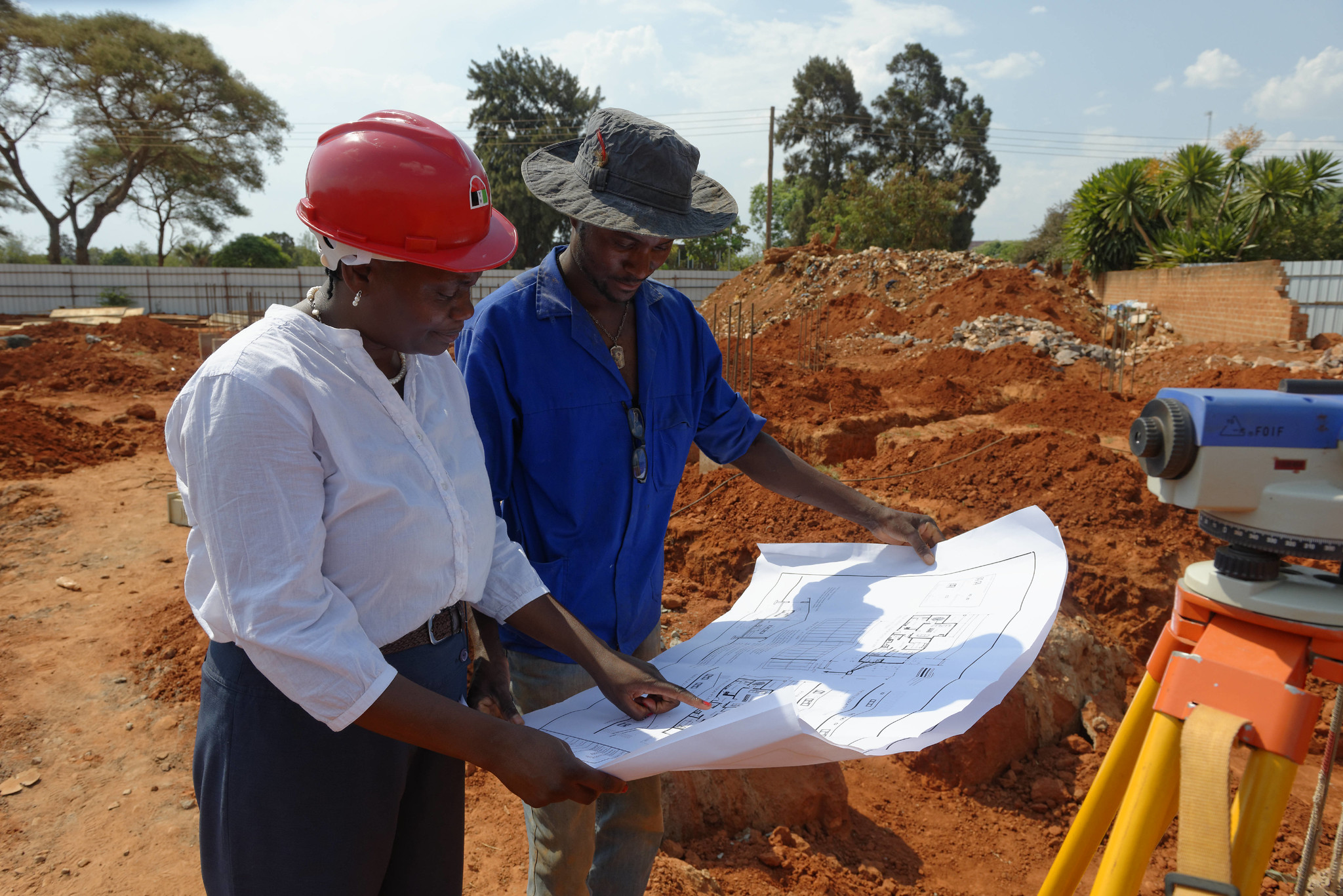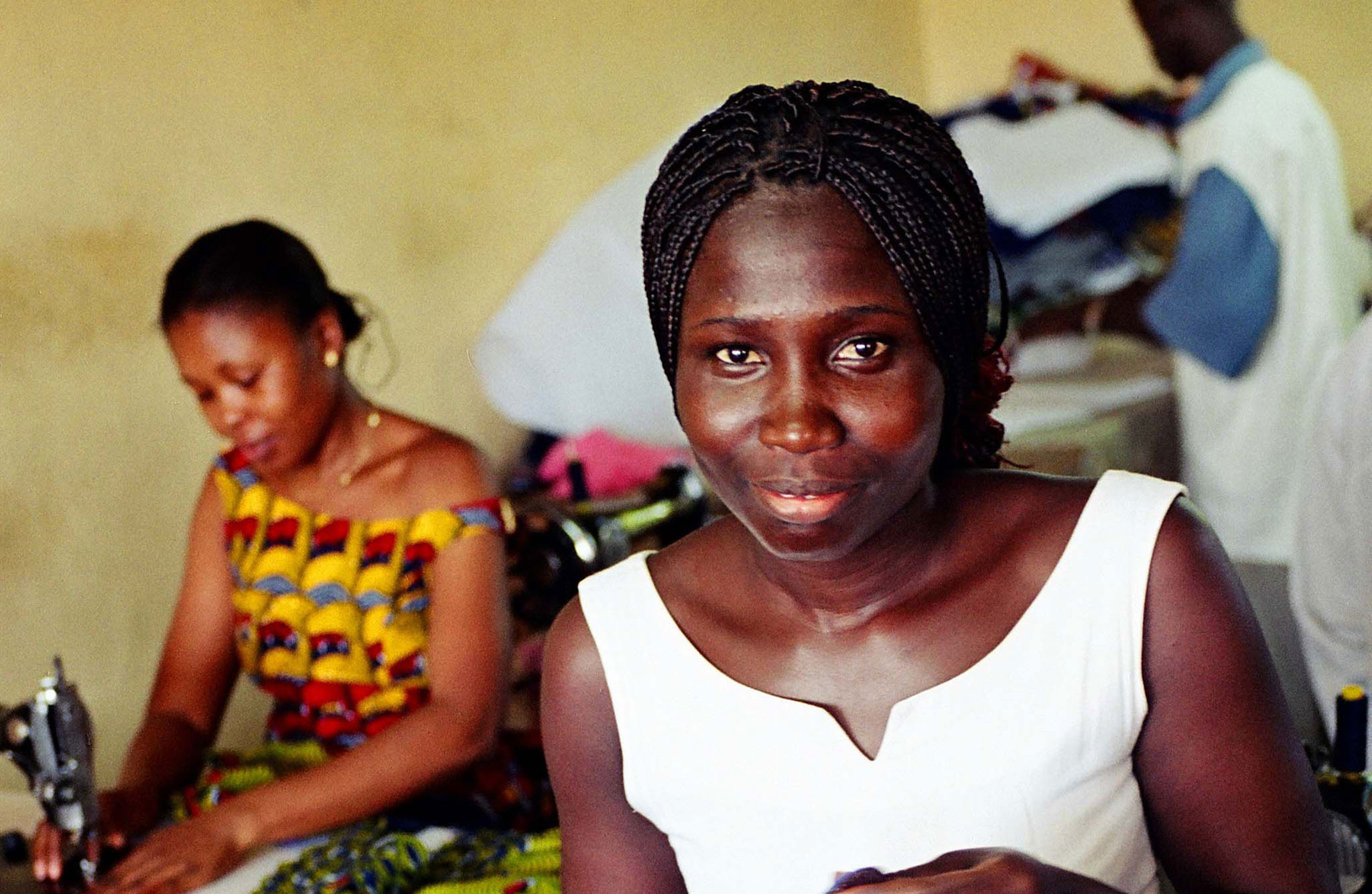

Launched in 2016, the ILO’s Global Flagship Programme on Building Social Protection Floors for All (SPF Flagship Programme) supports ILO member States in developing sustainable social protection systems, including floors, and contributing to the United Nations Sustainable Development Goals (SDGs) on social protection (in particular targets 1.3 and 3.8), through a coherent structure to mobilize resources and achieve impact.
The SPF Flagship Programme works in 50 priority countries, aiming to achieve 80 institutional changes and increase legal and effective coverage for an additional 60 million people. Between 2021 and 2024, the Programme contributed already to 148 institutional changes (such as the adoption of laws and the implementation of systems) in 50 priority countries and increased legal and effective coverage for over 50 million people.
Objectives of the meeting:
- Take stock of the progress made, results achieved, and impact created since the beginning of Phase II of the SPF Flagship Programme, including through the multi-donor programme.
- Share country and partner experiences in extending social protection to all, look at current and future challenges and opportunities, with a focus on key thematic areas.
- Join forces to accelerate the achievement of Universal Social Protection, through building strong social protection systems and positioning social protection as a key tool for creating just and equitable societies.
- Identify key priorities for Phase III of the SPF Flagship Programme.
Building robust institutions and empowering people to realize their right to social protection
The Global Flagship Programme has already supported over 104 institutional changes. The Programme identified eight thematic areas that are key elements for building strong and sustainable social protection systems.
The panel discussion showcases achievements in making social protection schemes more effective through ratifying and applying international social security standards, strengthening legal frameworks, improving administrative and financial governance, leveraging adequate financing, and creating strong social dialogue and partnerships to advocate for universal coverage.
Panellists also highlight key challenges and opportunities for building robust systems to contribute to shaping the next phase of the programme.


